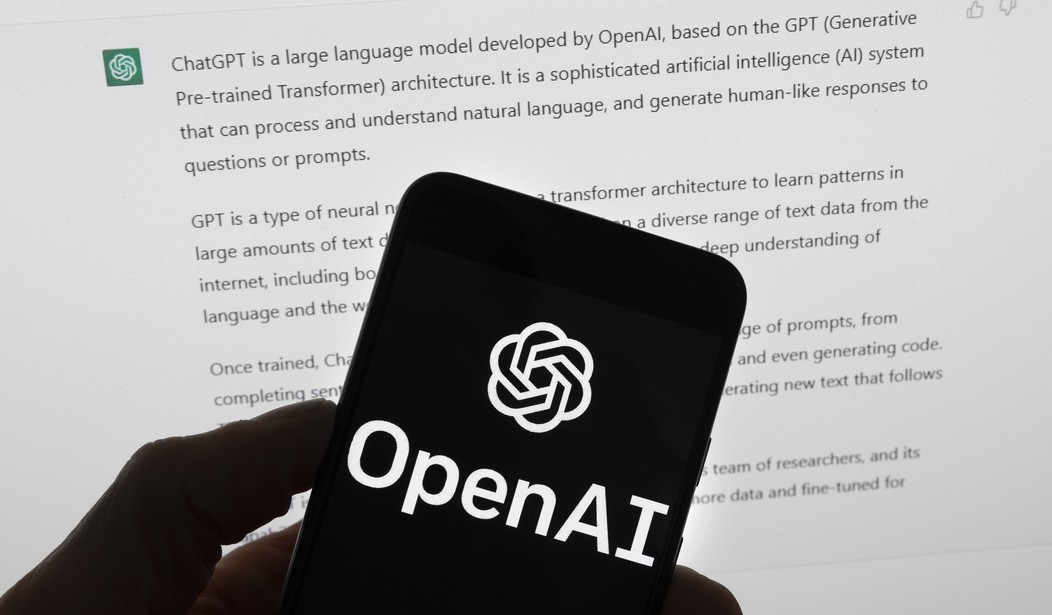The rise of artificial intelligence is, like anything else, a double-edged sword. It can be helpful when used under certain conditions, such as improving efficiency and productivity in some industries. But it also will affect a massive number of human jobs—300 million worldwide, according to a Goldman Sachs study, leading to a "significant disruption" in the job market. The tech, media, and legal industries are expected to be particularly hard-hit. But marketing, finance, and teaching are also in the top 10 most at-risk professions.
One story from across the pond has already caused a stir because it shows that jobs one wouldn't typically consider being replaced by AI may go by the wayside as well.
[A] preparatory school in the United Kingdom has named an AI robot as its "principal headteacher." Cottesmore School, located in West Sussex, collaborated with an artificial intelligence developer to design Abigail Bailey, the robot, with the purpose of assisting the school's headmaster.
Tom Rogerson, headmaster of Cottesmore, told The Telegraph that he is using the robot to give him advice on issues ranging from how to support fellow staff members to helping pupils with ADHD and writing school policies. The technology works in a similar way to ChatGPT, the online AI service where users type questions, and they are answered by the chatbot's algorithms.
Mr Rogerson said the AI principal has been developed to have a wealth of knowledge in machine learning and educational management, with the ability to analyze vast amounts of data.
He told The Telegraph: “Sometimes having someone or something there to help you is a very calming influence.
“It's nice to think that someone who is unbelievably well trained is there to help you make decisions.
“It doesn't mean you don't also seek counsel from humans. Of course you do. It's just very calming and reassuring knowing that you don't have to call anybody up, bother someone, or wait around for an answer.”
He added: “Being a school leader, a headmaster, is a very lonely job. Of course we have head teacher's groups, but just having somebody or something on tap that can help you in this lonely place is very reassuring.” (NDTV)
It looks like "learning to code" won't be enough anymore. Those looking for safer pastures may want to explore the medical field, coaching and athletics, therapy jobs, or firefighting, based on the top 65 professions with the lowest risk of being taken over by AI, according to the U.S. Career Institute.
As the education sector continues to use AI to its advantage, British boarding school Cottesmore has appointed an AI chatbot – named Abigail Bailey – as its new “principal headteacher”.
— Daily Loud (@DailyLoud) October 19, 2023
While appointing a robot headteacher might sound dystopian, the exclusive school claims the…
This is just the beginning...
— I'm elux (@Sir_elux) October 19, 2023

























